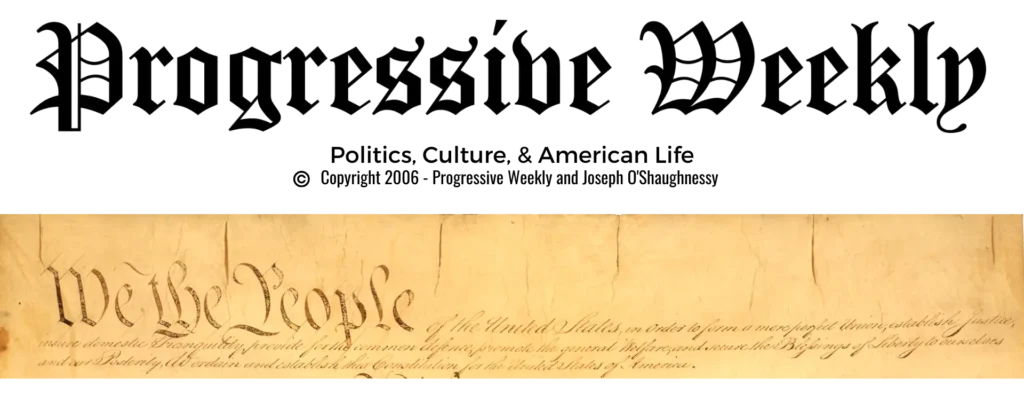We are examining, some say interrogating, a new Supreme Court Justice. Amy Coney Barrett, the prospective new member of the Supreme Court, has many fine qualities. But is she concerned primarily with the chief quality that most Americans would like to see from a Supreme Court Judge? Does she have a fine sense of what is just? Does she understand her role in providing the essential output from the court–Justice?
Justice is a very difficult concept to understand in practical terms. We all know what we think it means. We assume it means to be ‘just” or fair in our dealings with others. Plato says, while questioning justice as a concept and examining whether, in fact, one needs to be just to be happy. He decides, in the end, that being just is good for (his version of) the soul. Ultimately, being just leads to a “blessed and happy” life.
Amy Coney Barrett, however, does not follow the same Gods as Plato. His were as equally vindictive and generous as hers, but her God, Jesus Christ (she is a devout, practicing Roman Catholic) is much more specific. He left us with a trail of indications on how we should conduct ourselves. (Not “Thou Shalt Not Steal.” and so on. That was his old man.) Under the New Testament, according to the Popes, we cannot have sex until marriage, cannot use contraception, cannot prevent a pregnancy with artificial means–and, of course–cannot abort the fetus, as it is a gift from God, or Jesus or both. By the way, no one wants to abort a fetus. No one.
So, justice for Amy Coney Barrett is a great deal more specific than it was for Plato. And lest you think that Plato was just some old Greek who wandered around the Acropolis in a toga, enjoying the company of homosexuals, eating yogurt from a wooden spoon, and giving random opinions on life, you would be wrong. This guy had a lot of good ideas. In fact, aren’t those very things mentioned, that you assumed about his lifestyle–if we skip over the Roman Empire with its massacres, the Dark Ages, the Medieval Period, the Renaissance, the Age of Enlightenment and the technological centuries–aren’t they some of the good things we most recently have come to enjoy and appreciate?
Plato wanted justice to come from a just society. A just society would be made up of just people, being made happy through, among other things, being just. Although, Socratic advice has served kings and popes and world leaders throughout history, Amy Coney Barrett–kind, intelligent and logical–gets her orders from the “Man.” The Pope. She believes in a deity that provides guidance on what is right and wrong for you and for me and for her. While you may ask her if her Roman Catholic faith will interfere with her decisions, and she will honestly and adamantly say “No.” She’s honest. But she’s wrong.
Plato’s gods did not interfere with his good judgement. If the physicians of his day were to tell Plato that a fetus is a child after 20 weeks, he would agree and not pray on it. If logic said that, with a gun a man could kill 20 people in an instant but only 5 with a knife, so let’s reduce the number of guns used only for killing people, Plato would agree, let’s reduce to a minimum the number of guns like those among the populace.
Plato said that being just makes you happy. The Roman Catholic Church says this: not about everything, but on certain issues, we make the truth and the truth is what we say it is. Now, if you don’t agree with us, John Kerry, you may become President, but you will not be Catholic. So, if your reason tells you one thing and science tells you the opposite, the logical thing for you to do–for all eternity’s sake, is come down on the side that your church is on.
Now, people trying to be fair will say that one can be a Catholic and not biased. But the fact is that Catholicism is not Platonic. The Catholic doctrine says, canonically, that you are in bed with us or you’re out. Catholicism is a manner of thinking that takes into consideration what is right and wrong. In those small slivers of decision between 20 weeks and 24 weeks and 28 weeks, that decision-making process is influenced by belief, called moral judgement, also known as religion by those who are influenced by their religion.
Does that make Amy Coney Barrett a bad person? No. Plato would love her for her attempt to be just and fair. But he wouldn’t love her decisions. Because, no matter how she tries to rationalize her decisions, the evidence, the facts of her decisions and her opinions tells us that she is influenced in her decision-making by the environment in which she was raised, her education, her associations, and which side of the knife’s edge she comes down on. Amy Coney Barrett will rule in the way her conscious judgement tells her, on the words of the law. But make no mistake. There is no pathway written for her.
Laws can be written so that an honest judge may interpret them only one way. But the law may be dangerous or ruthless or excessively kind. The judge sees the law through the filter of basic interpretation. If the law is wrong; if it damages the People; if it is cruel; if it sends people to camps to die–where is the meaning in accurately interpreting the law as it was written. Justice? Tell that to Holocaust survivors. The law is words. Justice is what happens to people.
In the cases she has decided or written about in the past, we can see her clear Roman Catholicism. It is the tendency to vote as what she is–a Roman Catholic. She follows a religion that has supported rulers, dictators, men like Franco in Spain and Mussolini in Italy and Trump in the United States. She votes Conservative, and that is no secret. We know she is good. We know she loves children. We also know that she is personally Right Wing, whatever way she says she will come down on issues. That record has been and will almost certainly continue to be–on the Right. Today that means on the Right Wing side.
That is irreparably dangerous.

